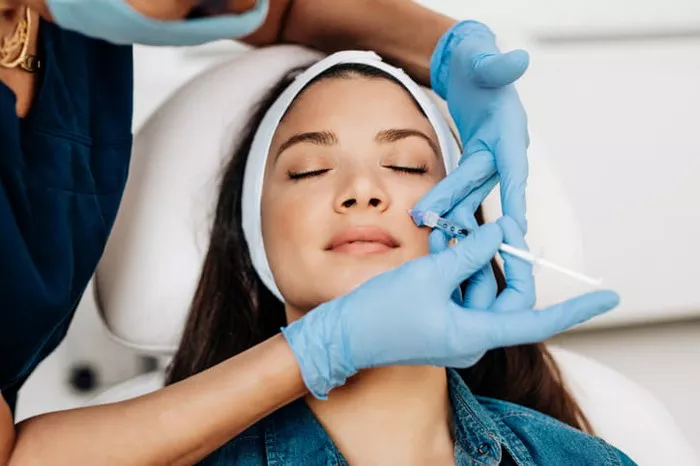Botox is a popular cosmetic treatment used to reduce the appearance of wrinkles and fine lines. The treatment involves injecting Botulinum toxin, a neurotoxic protein, into targeted muscles in the face. While Botox is effective in reducing wrinkles and fine lines, many people wonder how long the effects of Botox will last.
Understanding Botox
Botox is a type of injectable neuromodulator that can temporarily paralyze or weaken the muscles that cause wrinkles and fine lines. It works by blocking signals from the nerves to the muscles, preventing them from contracting and making wrinkles less visible.
The effects of Botox usually take a few days to become noticeable and can last for several months. However, the duration of the effects can vary depending on several factors, including the individual’s age, the area being treated, and the amount of Botox injected.
How long does Botox last?
On average, Botox injections typically last between three to six months. However, the duration of the effects can vary depending on several factors, such as:
- Age As we age, our skin becomes thinner and loses elasticity, making wrinkles and fine lines more visible. As a result, older individuals may require more frequent Botox treatments than younger individuals.
- Area being treated The duration of Botox effects can also depend on the area being treated. For example, Botox injections in areas with thicker muscles, such as the forehead, may need more frequent treatments than those in areas with thinner muscles, such as around the eyes.
- Amount of Botox injected The amount of Botox injected can also affect the duration of the effects. Higher doses may provide longer-lasting results, but they can also increase the risk of side effects.
Factors that can affect Botox longevity
Several factors can impact how long Botox lasts, including:
- Lifestyle and Habits Smoking, drinking alcohol, and not getting enough sleep can all contribute to the breakdown of Botox.
- Genetics Genetics can also play a role in how long Botox lasts. Some people may have faster metabolisms, which can cause the effects of Botox to wear off more quickly.
- Sun Exposure Exposure to sunlight can also affect how long Botox lasts. Prolonged exposure to UV rays can break down the proteins in Botox, causing it to lose its effectiveness more quickly.
How to make Botox last longer
While several factors can impact how long Botox lasts, there are several things individuals can do to help prolong the effects, including:
- Stay hydrated Drinking plenty of water can help keep the skin hydrated, which can improve the appearance of wrinkles and fine lines.
- Avoid excessive sun exposure Wearing sunscreen and avoiding prolonged sun exposure can help prevent premature breakdown of Botox.
- Maintain a healthy lifestyle Eating a balanced diet, getting enough sleep, and avoiding smoking and excess alcohol consumption can all help prolong the effects of Botox.
- Get touch-up treatments Getting touch-up treatments every three to four months can help maintain the effects of Botox.
- Choose an experienced injector Choosing an experienced injector who understands the nuances of facial anatomy and Botox injections can help ensure optimal results and longevity.
Potential side effects of Botox
Botox is generally considered safe when administered by an experienced healthcare professional. However, like any medical treatment, it does carry some potential risks and side effects, such as:
- Pain or discomfort at the injection site
- Redness or swelling at the injection site
- Headache
- Nausea
- Drooping eyelids
- In rare cases, allergic reactions
It’s important to discuss any concerns or potential side effects with a healthcare professional before getting Botox injections.
Conclusion
Botox is a popular cosmetic treatment that can help reduce the appearance of wrinkles and fine lines. While the duration of the effects can vary depending on several factors, the average duration is between three to six months. However, individuals can help prolong the effects by maintaining a healthy lifestyle, avoiding excessive sun exposure, and getting touch-up treatments every few months. Choosing an experienced injector can also help ensure optimal results and minimize the risk of side effects.


